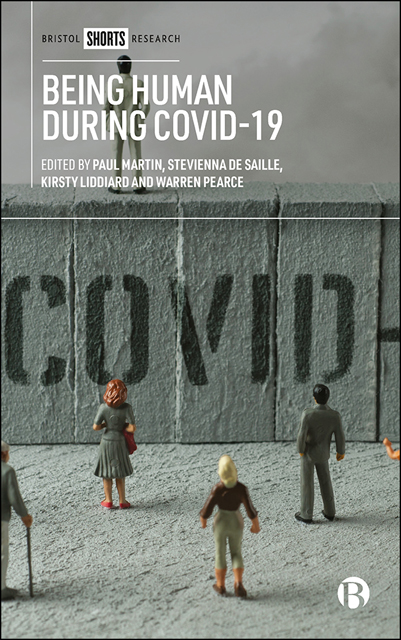seventeen - From TINA to TAMA: Social Futures and Democratic Dreaming in the Ruins of Capitalist Realism
Published online by Cambridge University Press: 13 October 2022
Summary
The late Mark Fisher is perhaps best known for naming an experience or feeling which has been prevalent for the last decade or so, but is arguably older than that. What he labelled ‘capitalist realism’ (Fisher, 2009) can be summed up by Margaret Thatcher’s famous claim that There Is No Alternative (TINA) to the econo-political regime which she, among others, ushered onto the world stage in the late 1970s. Another popular formulation is an aphorism variously attributed to Fredric Jameson and Slavoj Žižek, and popularized by Fisher’s riffing on it: ‘it is easier to imagine the end of the world than to imagine the end of capitalism’. Here I would argue that the end of the world – or at least the end of a world, of a particular way of life and its associated certainties – has become somewhat easier to imagine, given that we (though not everyone) have lived (or are perhaps still living) through just such an end.
I would not claim that the hegemony of TINA has been overturned as a result of the pandemic – though it was perhaps already weakening, as evidenced by the widespread retreat toward older (and often uglier) political programmes. Indeed, if we reformulate TINA in another way – as the bitter claim of ‘no future’ that was the rallying cry of the British punk explosion – then it is still very much with us, albeit announced not with the furious sneer of Johnny Rotten, but rather the exhausted resignation of a zero-hours employee whose earnings barely cover their rent and debts. Nonetheless, while it still feels like there is no alternative, it also feels like there should be, maybe even must be, an alternative. The spell has been weakened, if not yet broken.
We saw in the early months of the pandemic a period of mediated solidarity which crossed (but did not erase) lines of class, age, ethnicity and nationality; even the punditry – however implausibly – were busily swapping business-as-usual for everything’s-changed-forever. However, that solidarity quickly fell apart. A stauncher Marxist than I might argue that COVID-19 provoked a sudden class consciousness: little was known beyond the fact that this disease was potentially lethal, regardless of who you were, where you lived, how much you earned.
- Type
- Chapter
- Information
- Being Human during COVID-19 , pp. 140 - 146Publisher: Bristol University PressPrint publication year: 2022



